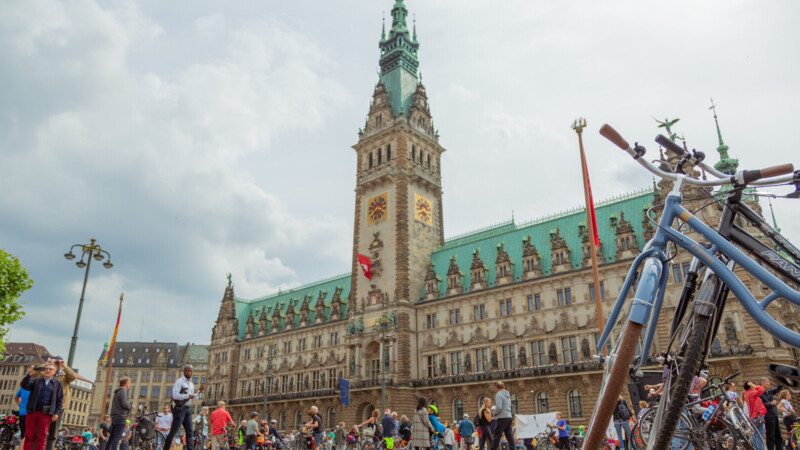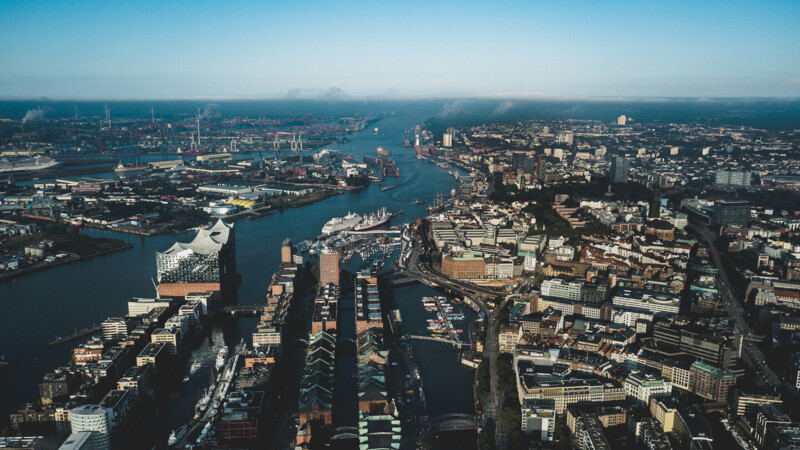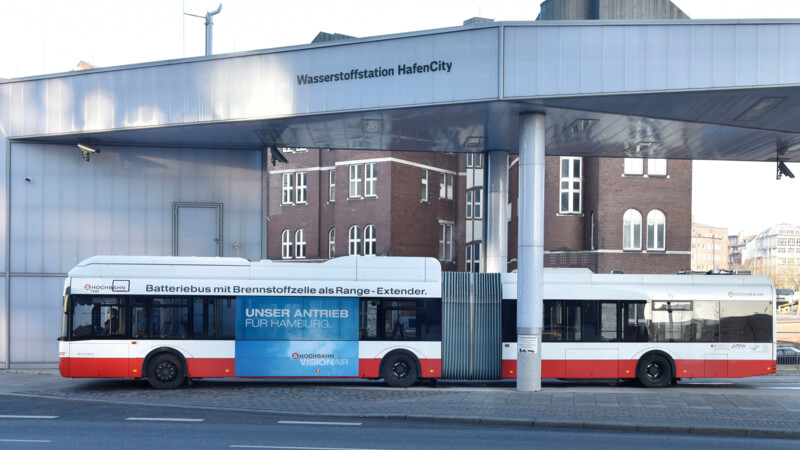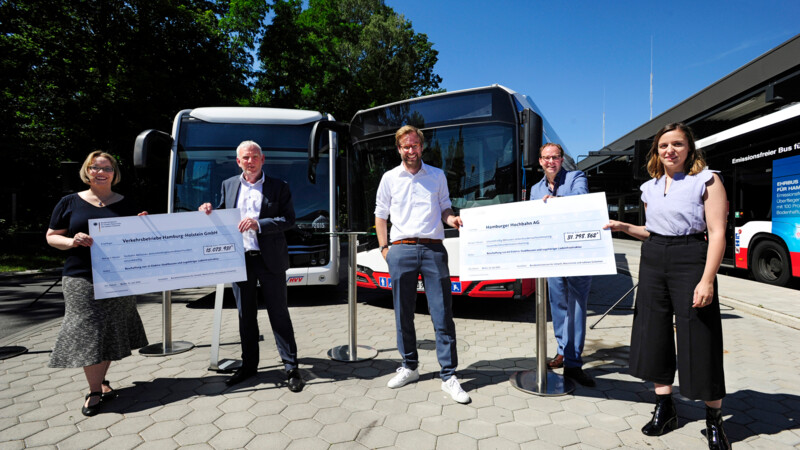"Apart from the CO2 emissions caused by kerosene combustion, flying at high altitudes also causes non-CO2 climate effects such as nitrogen oxide emissions and persistent contrails, which influence the radiation balance of the atmosphere. About two thirds of the climate impact of a flight, and thus about 3 per cent of the global temperature increase, is caused by these non-CO2 climate effects, which are largely dependent on the place and time of the emissions released and thus the flight route," said Dr. Florian Linke, a scientist at TUHH. Condensation trails form faster in humid and cold areas.
Scientists at the Institute of Air Transport Systems at the Hamburg University of Technology (TUHH) are researching how the choice of flight route can lower the impact of a flight on the climate as part of the "Flying Air Traffic Management for the Benefit of Environment and Climate" (FlyATM4E) project, a press release said on August 5, 2020. The aim is to make flying, which accounts for about 5 per cent of global warming, more environment-friendly. The European Commission is putting EUR 1 million towards the project through late 2022.
CO2 emissions and non-CO2 climate effects
Optimum flight routes to make flying more sustainable
The TUHH team is developing tools to optimize an aircraft's track and to make flight routes hardy as the emissions released depend on the location, time, temperature, solar radiation or wind. Until now, weather forecasts have been taken into account to plan and operate flights safely and to optimise flight time and fuel consumption. "Unforeseeable cold spells or high winds can have a strong impact on the suitability of a flight route for environment-friendly flying. That's why we try to find routes that are climate-friendly alternatives even under changing weather conditions," Linke explained.
Climate-optimized flight routes to cut costs
The team is also identifying flights, which if planned differently, could lower the impact on the climate and cut costs. This approach, known as cherry-picking, means only the best flight routes would be selected. This could give airlines economic incentives to fly in a more climate-friendly manner. The Technical University of Delft, the Carlos III University of Madrid and TUHH are all taking part in the FlyATM4E project, which is being co-ordinated by the German Aerospace Center (DLR).
sm/sb/pb
Sources and further information
More
Similar articles

Hamburg gearing up for "City Cycling 2020"

Senate agrees additional EUR 25 million for Hamburg Climate Plan

Hochbahn to purchase 50 hydrogen buses
